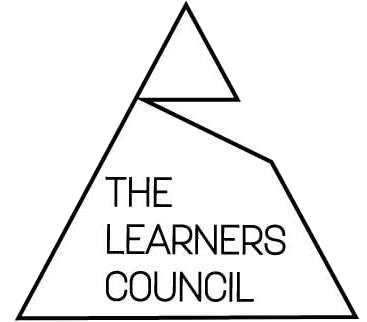How to win at IP Life: Tips from ex-TLC student and “A” scorer in Physics
The Integrated Programme is a 6-year programme that allows students to bypass the ‘O’ levels for a direct route towards the ‘A’ levels or International Baccalaureate (IB), followed by university, it gives more time for the student to develop intellectual curiosity and other talents.
In a typical IP class, students are purposefully engaged in lessons in order to develop and deepen their understanding of a concept or topic. Rather than seeing a subject in terms of distinct components of knowledge, the learning approach aims to help students make connections between disciplines and bridge different ideas and issues.
TLC subscribes to this method of learning where lessons focus on applying concepts to questions through the frequent exposure of class tests, timed practices and questions that challenge students to reach a greater understanding of the concepts learnt. Tutors are specially trained to explain concepts clearly so that students can understand concepts with ease.
We speak to Collin, a former IP student who tells us why the Integrated Programme is the smarter choice for learning at the pre-university level.
1. Hi Collin, could you tell us a little more about the Integrated Programme? Who is it designed for and why would I choose it?
If you are academically strong, the Integrated Programme allows you to learn faster and learn more. At least for the first four years, there are no national examinations to worry about so more time can be set aside to explore your own interests outside of school. Owing to this freedom, I spent a semester in Year 4 learning how to fly a plane.
2. How does an IP student optimise his learning experience?
Immerse yourself in as much as you can afford or cope with, and start as early as possible (although it is never too late). The time and effort invested in your CCAs, enrichment programmes, projects, will pay off immensely and help you achieve a great deal. Remember that the IP was created for students to do more so make the fullest use of this.
Conversely, do not neglect school work. It's easy to do so given the wide variety of experiences available, but holding back on revision in the first 4 years can affect your ability to cope as the A levels approach.
3. Share with us some tips to cope with the exams smartly.
I find that the exams will be manageable as long as you keep up with school work. Make time on the weekends to catch up with material that you are falling behind on.
Also find out earlier on what works for you and what doesn't, in the way of revision. Once you have established a certain method that helps you revise/work effectively (studying with friends/alone, studying at home/in school, etc), stick to it!
Most importantly, get plenty of sleep everyday - 7-8 hours was the sweet spot for me. Being well rested will help you the following day, particularly if you have plenty to catch up on.
4. What would you look for in a tuition centre? What encouraged you to join TLC?
I didn't take any tuition classes from Y1-4 but realised in Y5-6 that I had quite a lot to catch up on. Tuition definitely isn't a necessity, but it doesn't hurt to have close guidance and a help line. In choosing a tuition centre I look for two things: the teacher has to be established and well-versed with the syllabus (you are taking a national exam after all), and the class size has to be comfortably small. I say this because classes with too many students don't receive personalised attention from the tutors, which defeats the purpose of tuition in the first place.
Ms. Hong was already well established in her former role as HOD Physics in RI, and the regular TLC class size is small, so I decided on joining her centre.
The notes and practices that came in small booklets were a neat way of summarizing the most important parts of each topic and so were helpful in learning and later on, revision.
Collin Teo Jun Kai, Raffles Institution, UCL (entry in 2019), ‘A’ level grade: AAAAAB.
